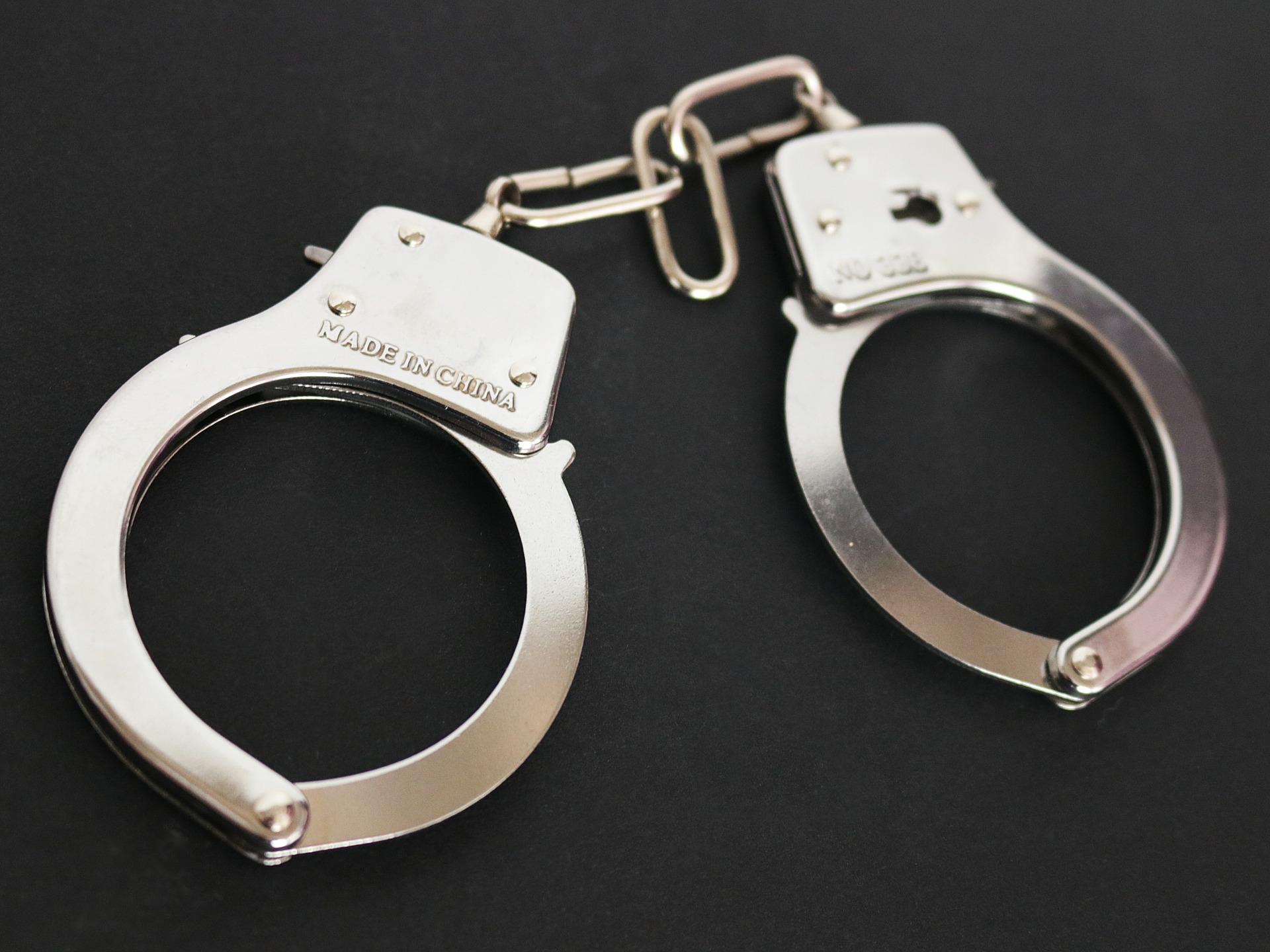Everything you must know about the functioning of bail bonds
The first thing that comes to the mind of any person who lands in police custody is how to get bail. Freedom might become very pricey then, but still, the person’sconcern strives hard for it. You must immediately get in touch with a reasonable bail attorney to help you get out of police custody in a hassle-free manner.
A reasonable bail attorney also has the necessary skill and expertise to help you identify your legal rights and fight for it legally. If you want to define bail, you must describe it as the insurance money between the defendant and the court. Defendants have the option to either pay their bail amount in cash or also they can hire a bail bond agent. The bail amount is relatively high; sometimes, the defendant is financially unable to clear the bail amount. Therefore most of the people in police custody hire a bail bond agent whopays the bail amount on their behalf. You may even say that a bail bond is similar to a surety bond that fetches the defendant’s release from prison.
There are two types of bail bonds
- Criminals can use a bail bond that guarantees that the defendant will appear before the court of law.
- A civil bail bond is a guarantee to clear off all the costs and debts held against the defendant.
You must get in touch with a reasonable attorney who can appropriately guide you to deal with the legal hassles and represent your case before the magistrate to help you gain freedom during the legal proceedings.
How do bail bonds function?
Usually, the judge must set some amount of money as the bail amount. If the defendant fails to pay the bail, they can also seek external help from a good bail bondsman who would give the bail amount on behalf of the defendant after signing a bail bond. Aftercompleting the procedure, the defendant must pay the bail agent 10% of the total amount. It would secure the remaining bail amount as collateral. If the defendant cannot financially cover the collateral, then the bail bondsman would seek help from friends and relatives to give collateral.
Consequences of becoming a guarantor for the defendant
- If the defendant does not appear before the court of law, then the bail amount will get forfeited by the court. In such a scenario, the bail bondsman will have no option but to confiscate the defendant’s collateral to pay the court the full bail amount.
- If the defendant appears before the court, then the bail bond gets dissolved. The collateral goes back to the defendantor the person who gave collateral on behalf of the defendant. In such a situation, the defendant has to pay only 10% of the bail amount to the bail bondsman.
The defendant needs to understand how do bail bonds work to take appropriate measures to come out of police custody. Therefore the defendant must know how bail attorney.

